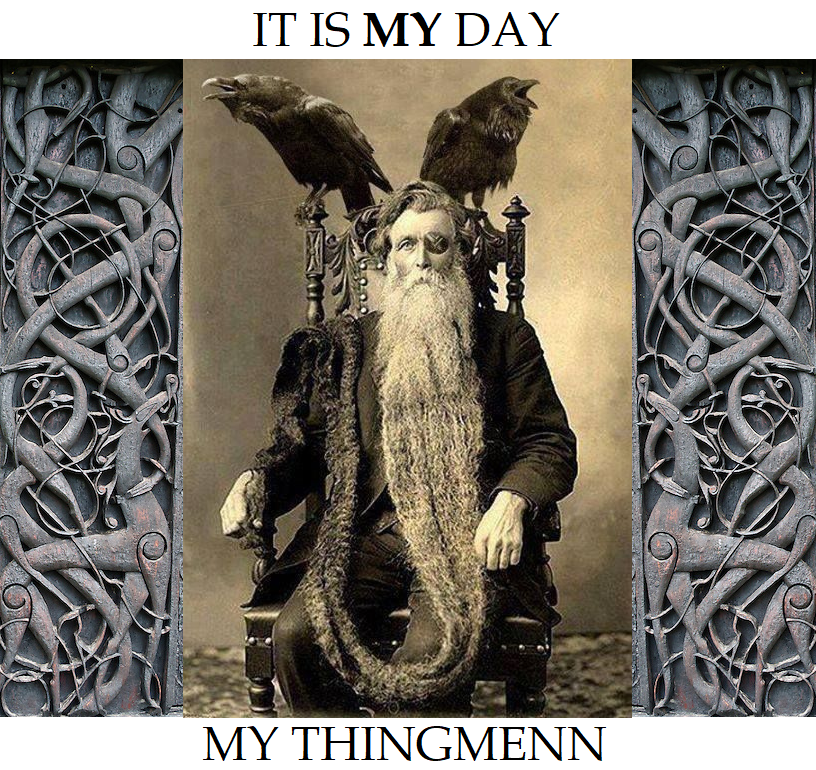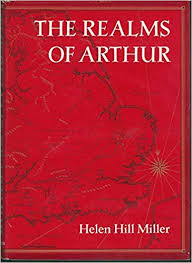Like The Loch Ness Kelpie, this adaptation of the Inuit legend Timoon and the Narwhal (“Animated Tales of the World,” 2002) deals with a young fisher-boy and the magical origin of a famous aquatic creature.
At the end of the story, the boy, Timoon, is healed of blindness, which came as a surprise to me because I hadn’t realised he was blind to begin with, though on a second viewing his blindness is clear from the start (so in a sense my blindness was cured also).
At 10:18, when Timoon realises he’s accidentally harpooned his aunt, it sounds like he’s about to say “oh fuck!”
The Smithsonian Magazine’s version of this legend is rather crucially different from the one presented in this animation:
According to myths collected among the Inuit in the late 19th and early 20th centuries, the narwhal was once a woman with long hair that she had twisted and plaited to resemble a tusk. When the woman’s blind son lashed her to a white whale, she was drowned, but transformed into a narwhal. The son felt some remorse that he had killed his mother, but he also believed that the matricide was justifiable because of her deceitfulness and cruelty. …
Rasmussen’s version begins with the mother tricking her blind son; he kills a bear with a bow and arrow, but she tells him that the arrow missed its target. While she and her daughter enjoy delicious lumps of bear meat, the son receives meager shellfish.
Boas’s version provides more details about the mother’s deceitfulness, and adds that she is the blind boy’s stepmother. Moreover, although the woman herself has “plenty of meat, she kept the blind boy starving.” However, his kind sister “would sometimes hide a piece of meat under her sleeve, and give it to her brother when her mother was absent.”
The transformation of the woman to narwhal begins when a pod of white whales swims nearby. The mother intends to harvest the whales, but the son (who by this time has regained his sight) lashes her to one, dragging her into the sea. According to the Rasmussen version, “she did not come back, and was changed into a narwhal, for she plaited her hair into tusks, and from her the narwhals are descended. Before her, there were only white whales.” …
The Boas version provides more details: The son “pretended to help his mother hold the line, but gradually he pushed her on to the edge of the floe, and the whale pulled her under water. … When the whale came up again, she lay on her back. She took her hair in her hands and twisted it into the form of a horn. Again she cried, ‘O stepson! Why do you throw me into the water? Don’t you remember that I cleaned you when you were a child?’ She was transformed into a narwhal. Then the white whale and the narwhal swam away.”
Unless there’s some other version of the myth that this story is relying on, we’re getting a very “cleaned-up” version here, where the woman (neither a mother nor a stepmother but an aunt) is not evil but is rather a sympathetic, if somewhat fey, character, and her transformation into a narwhal is represented not as punishment but as fulfillment.


